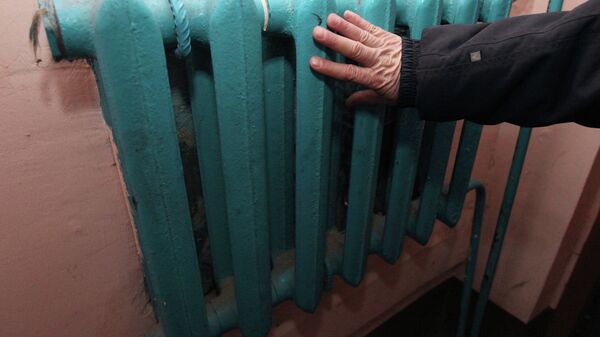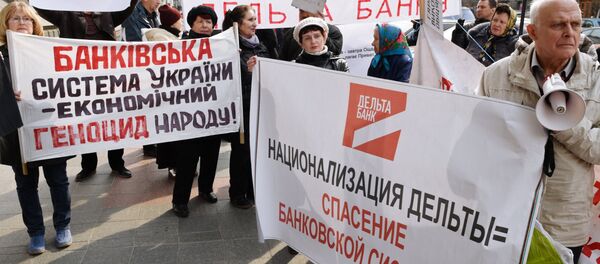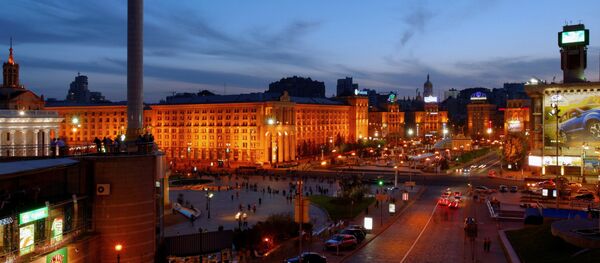Since 2015, consumer gas prices in Ukraine jumped from 1,110 hryvnia (about $41 US) to 6,878 hryvnia ($275) per thousand cubic meters – that is, by over 600%. Electricity prices jumped 300%. This spring, consistent with IMF austerity guidelines (which needed to be met to qualify for another loan tranche), Prime Minister Volodymyr Groysman's government doubled tariffs on heating and hot water starting July 1. Cold water prices also jumped by about 30% beginning August 1.
Kiev has promised to assist those who have trouble paying the new rates, but experts have already pointed out that even last year, many otherwise needy Ukrainians did not qualify for subsidies due to rigorous checks that must be passed to qualify as 'in need' (including savings account details, salaries, etc.). 12 million people, or nearly a third of the country, received subsidies last year. This year, experts fear, the state will not be able to help all of them.
For instance, earlier this year, Evgeny Golovakha, deputy director of the Institute of Sociology at the Ukrainian Academy of Sciences, warned that subsidies to help Ukrainians pay for utilities breed "perpetual dependency, along with the corresponding mentality…A similar phenomenon struck the United States forty years ago, giving rise to what is already the third generation of welfare children. At that time, they transferred support for single mothers onto the public's shoulders. It seemed like a good and proper initiative; but dependency is bad."
In other words, the academic suggested, Ukrainians should work harder to pay the skyrocketing utilities rates, even if it eats up half their monthly wages. Commenting on Golovakha's recommendations, news website Ukraina.ru suggested that his logic is absurd – since unlike Ukraine, Americans who depend on welfare assistance do not constitute a third of the population.
For his part, Svobodnaya Pressa contributor Alexander Sitnikov noted that it was "interesting that Ukrainian sociologists began taking this kind of position immediately after receiving the latest IMF loan, which demanded a revision in the rules for granting benefits and a reduction in the number of people who qualify for them."
Moreover, the IMF has also "proposed giving assistance to Ukrainians who need help paying their utility bills not cash, but promissory notes, which should become a new financial instrument in Ukraine's securities market. However, critics of this idea believe that paying off utility debts will be possible only at cut rates, and the difference will still have to be paid using 'real money'."
Effectively, Sitnikov suggested that even the Groysman government "has come to understand the harm caused by the IMF's initiatives, and is attempting to shoo them away like pesky flies. But this can't last long, given the IMF's persistence, and Kiev's total dependence on foreign loans."
Even during the 2015/2016 heating season, the subsidies allocated did not reach recipients in full. State debt for this budgetary item grew by 50 times, up to 22.5 billion hryvnia ($873 million), leaving utilities with no funds to purchase fuel, and citizens without money to pay their heating bills.
Unfortunately, Sitnikov noted, "all scenarios, even the most optimistic ones, portend the eventual collapse of Ukraine's utilities…" Therefore, following sociologist Golovakha's 'logic', there is only one way out of this crisis: 'If Ukrainians want to keep warm in the winter, they must hustle. Otherwise their only option is to go live under a bridge.'




